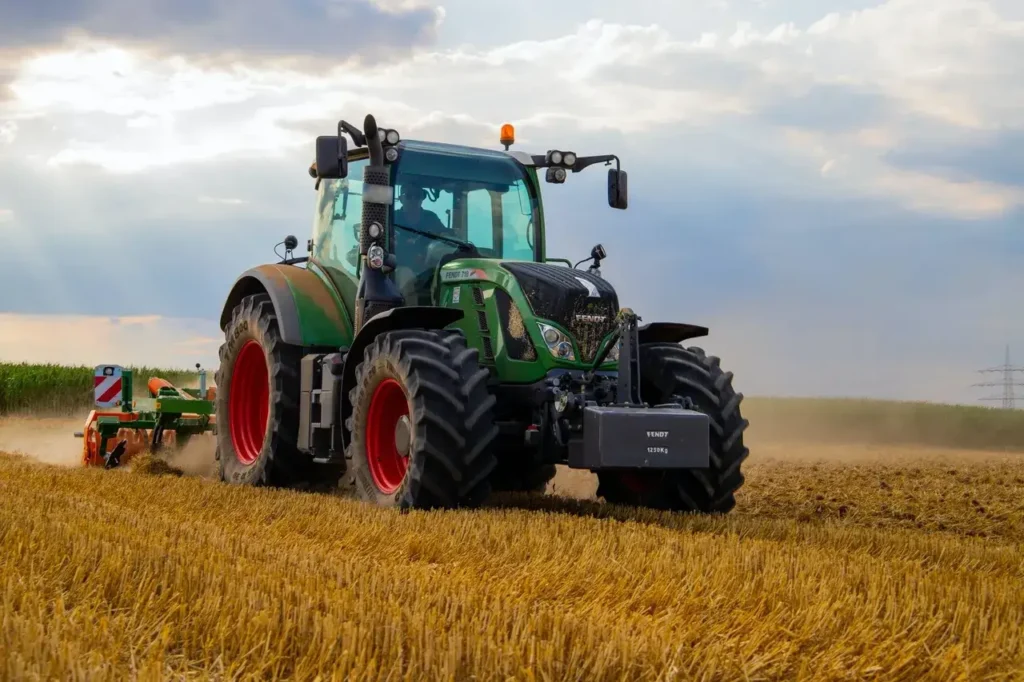BLOG POST
Research & Development Tax Credits for the Rural sector

The rural sector is facing real pressure from the impact of Brexit and the push for sustainability. The phasing out of the Basic Payment Scheme (BPS), coupled with the increased threat of cheap imports and the need to move towards ‘Net Zero’ have increased cash flow concerns on a sector already struggling with margins due to price wars and foreign competition.
Innovation has always driven efficiencies in farming. New technology, new processes and new systems have evolved farming methods over the years and will be key to meeting the demands the next decade brings to the sector.
Business owners will need to be savvy and take advantage of tax and cash flow benefits to ensure their business has funds available. The removal of BPS alone will cost a lot of businesses the cash that made them profitable and whilst there will be new grants available, there are still many unknowns and these will not guarantee a direct replacement of existing subsidies.
One under utilised opportunity is the use of Research & Development (R&D) Tax Credits. R&D tax credits are a government scheme introduced to encourage innovation in the UK. They are a tax relief that may reduce your Corporation Tax bill and/or result in a payable tax credit.
If you are a UK company that is subject to Corporation Tax and are engaged in research and development, then you could be missing out on tax relief of up to 230% on qualifying expenditure.
The biggest issue with uptake is that most businesses do not believe what they do is innovative enough to qualify.
To qualify you may research or develop a new process, product or service or improve an existing one. The project must aim to create an advance in the overall field, not just for your business and it must relate to an existing trade or one you intend to start following the R&D stage. A project can still be an advance if being developed elsewhere but it is not publicly known or available.
Examples of qualifying projects include new inputs, feed and pest control methods; new machinery for labour cost savings, new processes to reduce waste and new soil management techniques. Farming is always evolving and this is because of research and development.
Many of the qualifying costs tend to come from wages, but also include subcontractors, materials and consumables that are used up or transformed during the process and some software costs.
If you think your company might be involved in qualifying activities, then speak to an advisor to find out more. Businesses are saving tens of thousands of pounds using R&D Tax Credits which brings vital cash flow savings at a time when the rural sector really needs the help.
Related Posts


